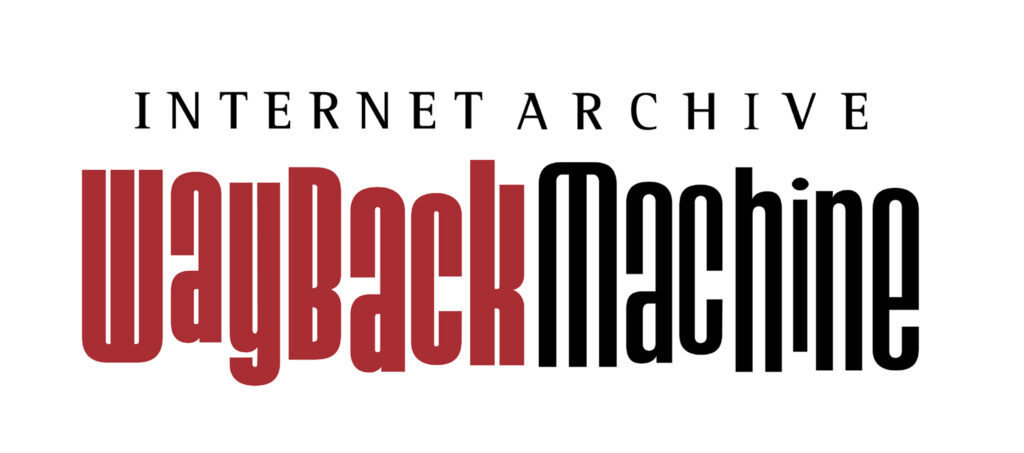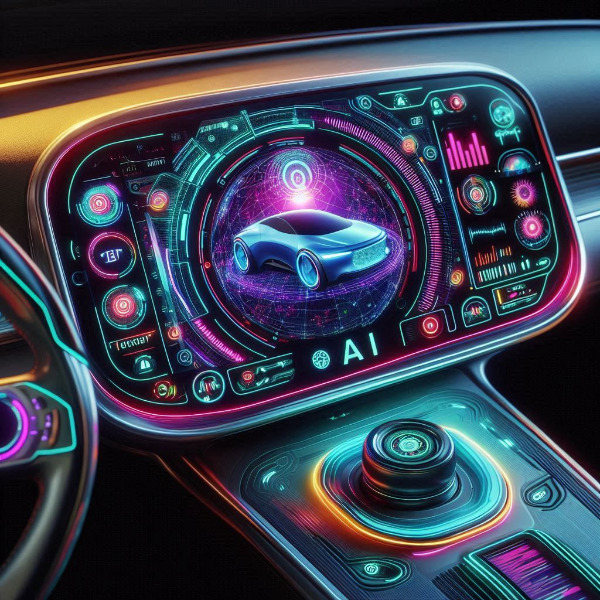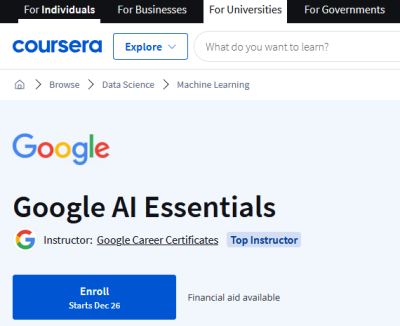Fear of Becoming Obsolete

The term FOBO appeared in something I was reading recently. It is the fear of becoming obsolete (FOBO) and it is very much a workplace fear and generally connected to aging workers and anyone who fears that they will be replaced by technology.
Of course, AI is a large part of this fear. It's not a new fear. Workers have always considered that they would be considered obsolete as they aged, especially if they did not have the skills that younger employees brought to the workplace. It has been at least two decades of hearing predictions that robots would replace workers. In fact, that was the case, though not to the levels that were sometimes predicted. Artificial intelligence is less obvious as it makes inroads into our work and outside life.
Employers and workers need to be better at recognizing the ways AI is already here and being used. Approximately four in ten Americans use Face ID to log into at least one app on their phone each day. That is about 136 million people. How many think about that as AI?
If you have an electric vehicle, A.I.-powered systems work to manage the energy output. In your gas-powered car, you very likely use an AI-powered GPS for navigation.
One survey I saw found that just 44 percent of the global workforce believe they interact today with AI in their personal lives. But when asked if they used GPS maps and navigation, 66 percent said yes. What about predictive product/entertainment suggestions, such as in Netflix and Spotify? 50 percent said yes. Do you use text editors or autocorrect? A yes from 47 percent. 46 percent use virtual home assistants, such as Alexa and Google Assistant. Even chatbots like ChatGPT and CoPilot - which are less hidden and more proactive for a user - had a 31 percent yes response.
Most of these are viewed as positive uses of AI, but not all uses are viewed as positive or at least are viewed as somewhat negative. One example of that category is the AI not so positive is its use in filling up newsfeeds. Each social media network - Facebook, Twitter, Instagram et al - has its own A.I.-powered algorithm. It is constantly customizing billions of users’ feeds. You click a like button, or just pause on a post for more than a few seconds,and that information changes your feed accordingly. Plus, the algorithm is made to push certain things to users that were not suggested by your activity but by sponsors or owners. This aspect has been widely criticized since Elon Musk took over Twitter-X, but all the platforms do it to some degree.
Some common applications are both positive and negative. Take the use of artificial intelligence in airports all over the world. It is being used to screen passengers passing through security checkpoints. At least 25 airports across the U.S., including Reagan National in Washington D.C. and Los Angeles International Airport, have started using A.I.-driven facial recognition as part of a pilot project. Eventually, the Transportation Security Administration (TSA) plans to expand the ID verification technology to more than 400 airports. This can speed up your passage through security which is something everyone would love to see, but what else is being done with that data, and will the algorithm flag people for the wrong reasons?
Do you want to push back on FOBO, particularly in the workplace? Some suggestions:
Continuous Learning: Stay curious and keep updating your skills. Whether it’s taking a course, attending workshops, or learning new technologies, continuous education is key.
Networking: Engage with your professional community. Networking can provide insights into industry trends and offer support and advice.
Adaptability: Embrace change and be open to new ideas. Flexibility can help you stay relevant.
Mindset Shift: Focus on your unique strengths and contributions. Everyone has something valuable to offer, and feeling obsolete often stems from undervaluing your skills.
Digital Detox: Sometimes, limiting your exposure to social media and other sources of comparison can reduce feelings of inadequacy.
Seek Feedback: Regularly seek feedback from peers, mentors, and colleagues to understand your areas of improvement and strengths.

 Even some less-tech people have been experimenting with chatbots now that they are embedded in Google Gemini Apple and Microsoft CoPilot sites. A few of my less-tech friends have asked me what a term means concerning AI chatbots. Of course, they could easily ask a chatbot to define any chatbot terms, but it is useful to have a glossary.
Even some less-tech people have been experimenting with chatbots now that they are embedded in Google Gemini Apple and Microsoft CoPilot sites. A few of my less-tech friends have asked me what a term means concerning AI chatbots. Of course, they could easily ask a chatbot to define any chatbot terms, but it is useful to have a glossary.